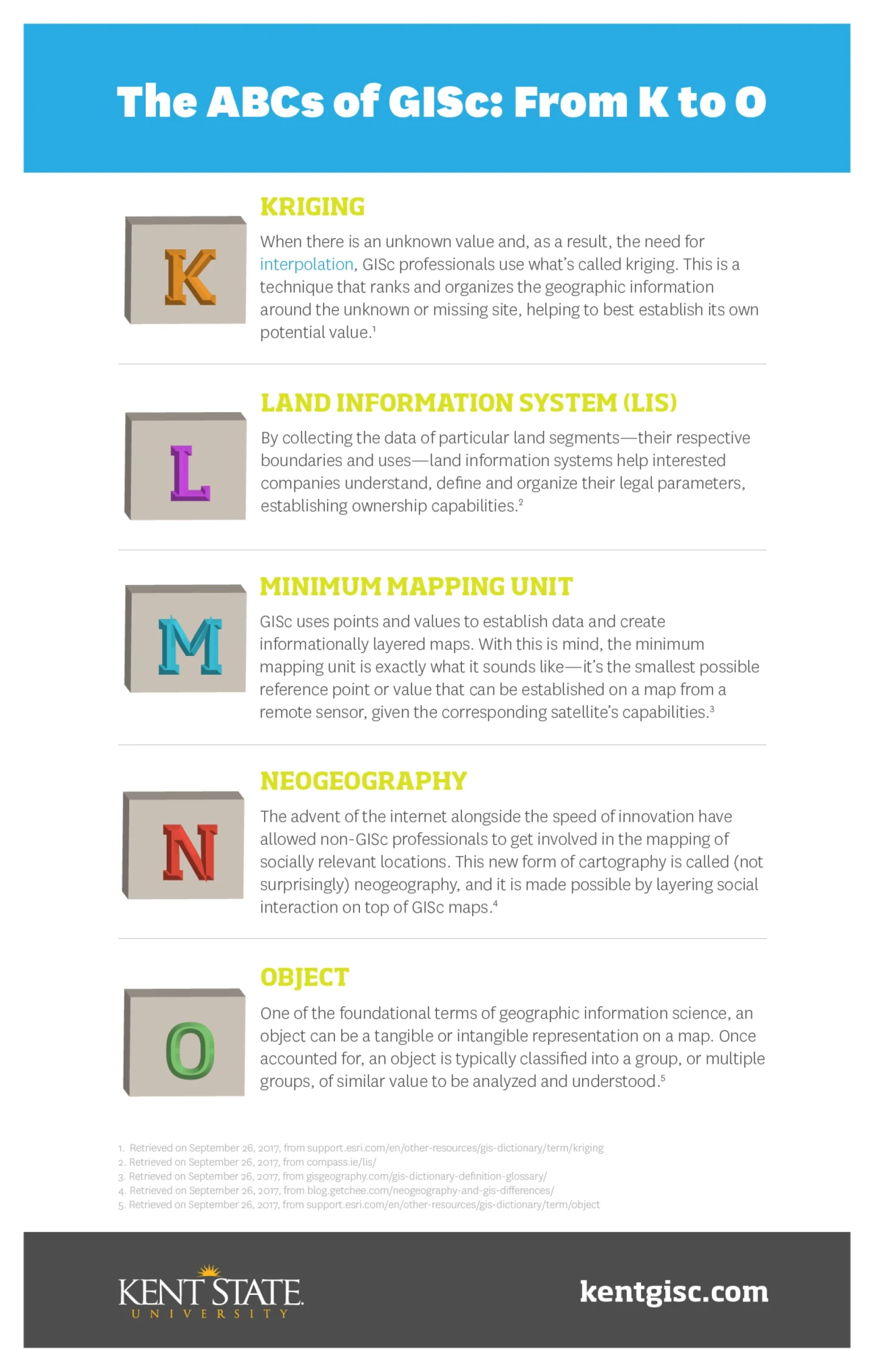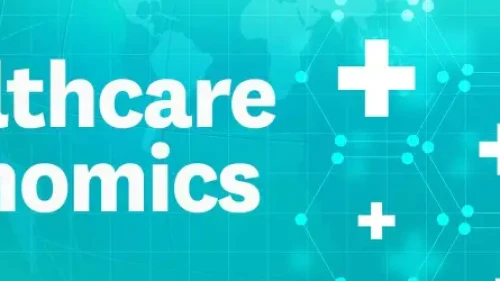Defining the Words Behind the Science
If you’ve been following our series on the language of geographic information science (GISc), you know just how expansive the glossary is. You also know how interesting and important GISc can be and its ability to positively affect the world.
As we move from the beginning and middle of the alphabet to the latter half, it’s useful to remember that all definitions have an application. With that in mind, consider the ways each of these definitions can be tangibly applied to the real world. This line of thinking may help spark your imagination around the possibilities of GISc.
Here’s the second-to-last piece in our series, covering GISc terms from P to T.
While a definition by itself can’t change the world, the collected knowledge and interconnectivity these definitions represent are being applied to some of the most innovative tools and systems on the planet.
Hopefully, this GISc dictionary has presented new ideas and perspectives for you to consider and will help you better understand how we interact with locations and their surrounding data.





